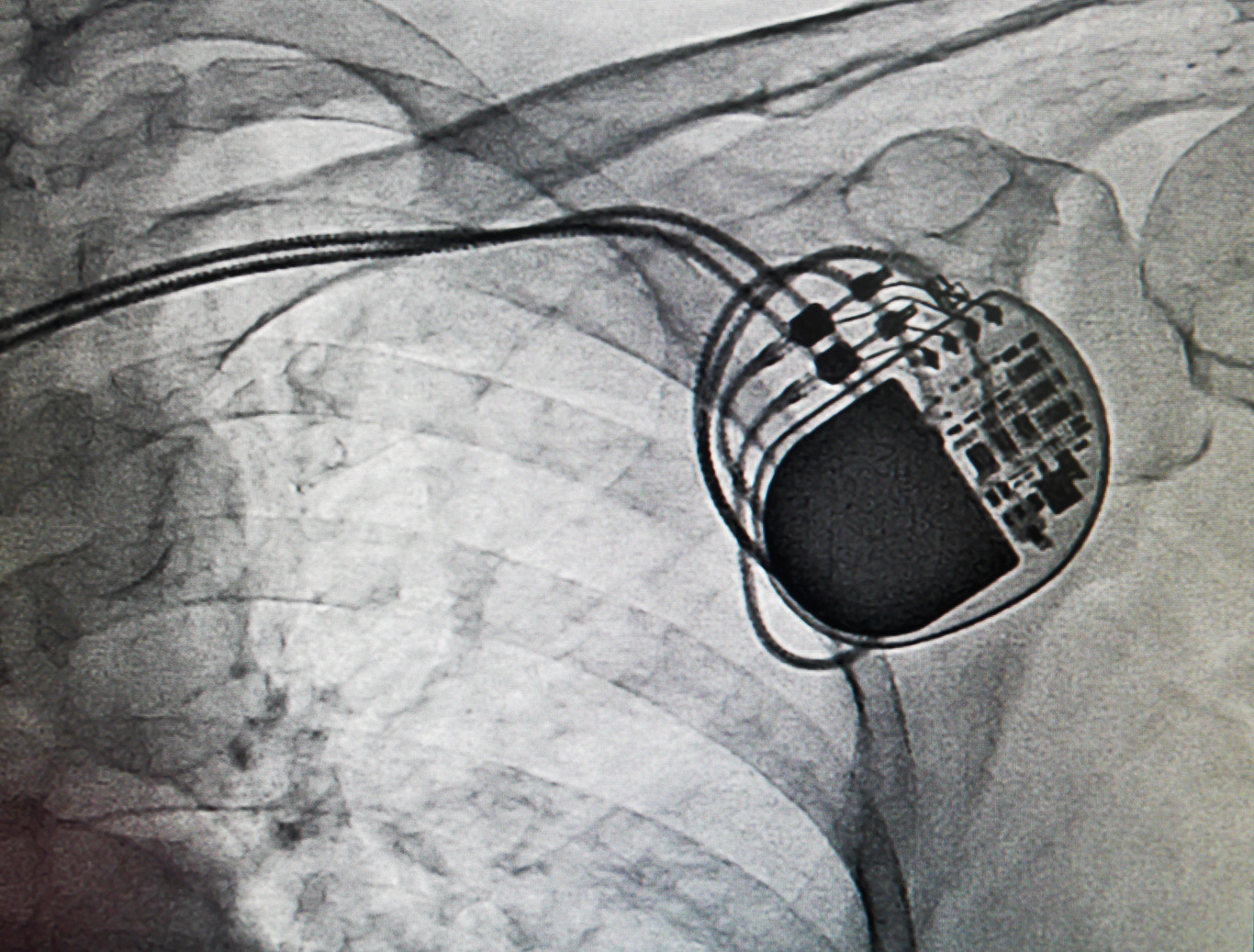Just in time, Ireland has gotten the go-ahead to certify medical devices ahead of new EU rules
The approval is significant for the burgeoning medtech sector as businesses can get products checked locally.
WITH LESS THAN four months to go until the deadline, the National Standards Authority of Ireland (NSAI) has got the go-ahead to carry out checks under new European medical device rules.
The NSAI is a ‘notified body’ that inspects medical devices and other products for safety and compliance.
Ireland’s approval is significant for multinationals and local businesses in the burgeoning medtech sector as companies will now be able to get devices checked here rather than seeking out checks elsewhere in the EU.
It has been designated under the EU’s strict new Medical Device Regulation, which comes into force on 26 May 2020, and applies stringent requirements around devices, clinical data and post-market surveillance.
Notified bodies are crucial to the running of regulations surrounding medical devices by carrying out checks on products to ensure they are in line with rules and fit for the market.
However, the NSAI is just the 11th notified body that has been designated by the European Commission under the new system that will come into effect in May.
With the impending regulation, notified bodies are required to be re-approved by European officials to carry out inspections of devices and ensure bodies have the necessary capacity.
The Medical Device Regulation was passed in May 2017, giving industry and regulators, in theory, three years to get prepared for enforcement.
However, the European Commission’s process of designating notified bodies has been much slower than industry players would have liked and device makers find themselves waiting for the inspectors to get ready. NSAI first applied for the designation in November 2017.
For comparison, the older medical device directive has 55 notified bodies.
“It has been a long process because guidance documents were slow in coming out for notified bodies and for the regulation itself,” Caroline Dore Geraghty, the NSAI’s head of medical devices, told Fora.
“I think everyone thought that we could adapt into the regulation from the directive but that wasn’t the case,” she said.
Device shortages
This delay is an issue that the Irish government has previously flagged with fellow lawmakers in Europe.
There are concerns that it will create a bottleneck of applications as the May 2020 deadline approaches, leading to concerns that devices may not be re-certified on time, resulting in possible shortages.
Some manufacturers were given a lifeline at the end of 2019 when a four-year extension was granted for Class I devices – these are lower risk devices – that hold existing approvals under the older rules.
A medical device manufacturer is free to use a notified body anywhere in the EU and EEA, not necessarily in its base country, but certain organisations may have expertise and capacity that others don’t.
Geraghty said it’s important that Ireland has a notified body to attract investment and foster indigenous business.
“We take on multinationals but we also like to take on small businesses, especially in Ireland to help the Irish brand,” she said.
“It’s offering a full-service package for Ireland. It makes Ireland an attractive area for foreign direct investment to come into when they know that there is a notified body that can service them within the country.”
Other notified bodies that are up and running include major groups like the British Standards Institute and Germany’s Dekra and TÜV SÜD. Some existing bodies, including Lloyd’s in the UK, have opted not to apply for MDR certification, citing cumbersome standards and costs to meet.
Get our Daily Briefing with the morning’s most important headlines for innovative Irish businesses.






